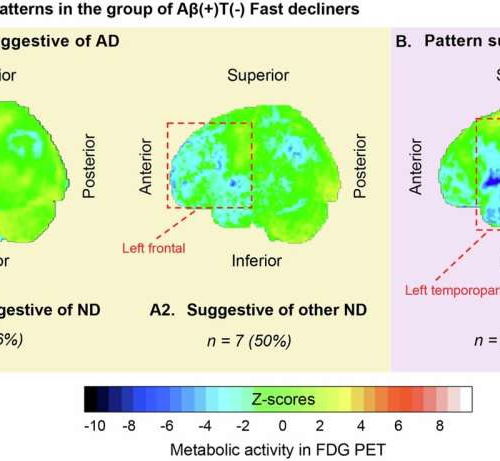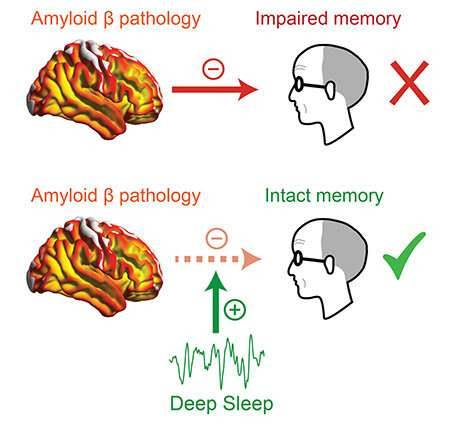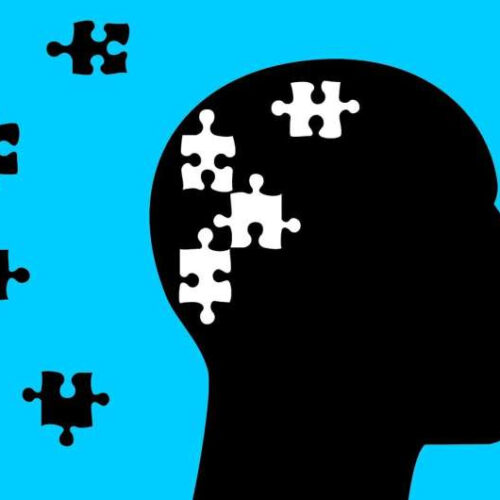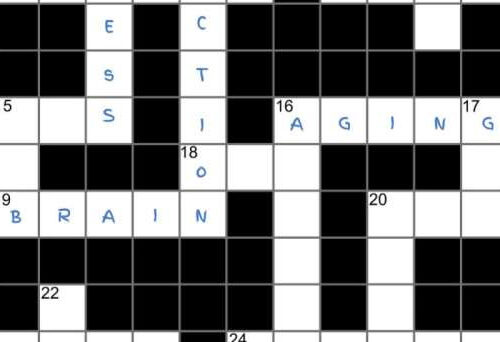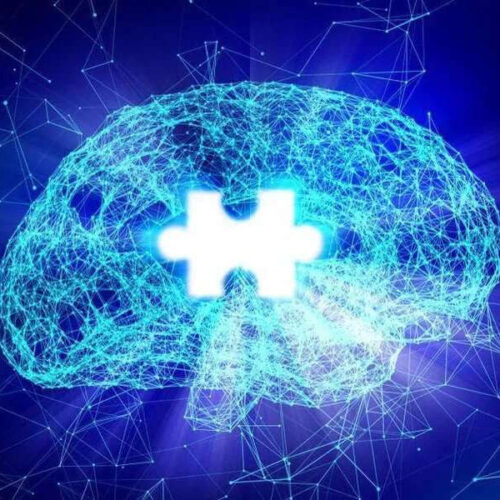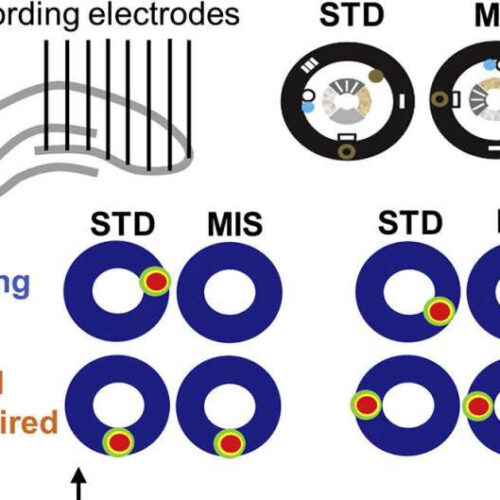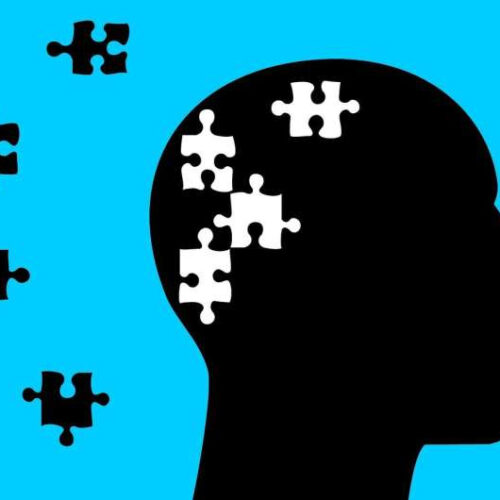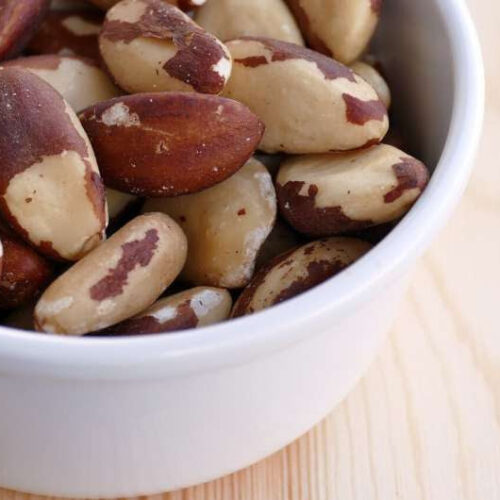September 6, 2024 by Karolinska Institutet Hypometabolism FDG PET patterns in the group of Aβ(+)T(-) fast decliners (14 out of 19 individuals had available FDG PET scans). Credit: Molecular Psychiatry (2024). DOI: 10.1038/s41380-024-02672-9A study from Karolinska Institutet, published in the journal Molecular Psychiatry, offers new insights into the progression of Alzheimer’s disease (AD). The research...
Tag: <span>memory loss</span>
‘Brain Fitness Program’ May Aid Memory Loss, Concussion, ADHD
Megan Brooks A 12-week multidimensional “brain fitness program” provides multiple benefits for individuals with attention-deficit/hyperactive disorder (ADHD), post-concussion syndrome (PCS), and memory loss, new research shows. The program, which consists of targeted cognitive training and electroencephalography (EEG)–based neurofeedback, coupled with meditation and diet/lifestyle coaching, led to improvements in memory, attention, mood, alertness, and sleep. The...
Deep sleep may mitigate Alzheimer’s memory loss, research shows
by Jason Pohl, University of California – Berkeley In people with similar amounts of beta-amyloid protein deposits, more deep sleep corresponded with improved memory function. Credit: Matthew Walker A deep slumber might help buffer against memory loss for older adults facing a heightened burden of Alzheimer’s disease, new research from the University of California, Berkeley, suggests. Deep sleep,...
Clinical trial: Investigational anti-amyloid treatment started before Alzheimer’s symptoms did not slow memory loss
by Brigham and Women’s Hospital Credit: Pixabay/CC0 Public Domain Preliminary results from a landmark clinical trial to prevent Alzheimer’s disease (AD) symptoms show that an investigational anti-amyloid drug, solanezumab, did not demonstrate a statistically significant slowing of cognitive decline associated with AD when initiated prior to the stage of clinical impairment. The Anti-Amyloid Treatment in...
Does Xanax Cause Memory Loss or Dementia?
Written by Valerie Jones, MD | Reviewed by Katie E. Golden, MD Updated on September 12, 2022 Key takeaways: Many Americans take Xanax (alprazolam) to help with anxiety and sleep. But it has side effects that can affect memory. People may have problems making new memories while Xanax is active in their system. This means...
Crossword puzzles beat computer video games in slowing memory loss
by Columbia University Irving Medical Center Columbia-Duke study shows crossword puzzlers, as compared to cognitive gamers demonstrated more improvement in engagement, less brain shrinkage. Credit: Columbia University A new study by researchers from Columbia University and Duke University published in the journal NEJM Evidence shows that doing crossword puzzles has an advantage over computer video games for...
Post-stroke memory loss can resolve for some patients
Memory loss is a common symptom after a stroke, but there’s hope for some that those memories could return. A new study from Norway examined 86 patients with relatively mild strokes and found many had improved mental functioning after 12 weeks. “Our study shows that around half of patients suffering a stroke had various forms of memory...
Neuroscientists find brain mechanism tied to age-related memory loss
by Johns Hopkins University Graphical abstract. Credit: Current Biology (2022). DOI: 10.1016/j.cub.2022.04.077 Working with rats, neuroscientists at Johns Hopkins University have pinpointed a mechanism in the brain responsible for a common type of age-related memory loss. The work, published today in Current Biology, sheds light on the workings of aging brains and may deepen our understanding of Alzheimer’s...
Is memory loss mild cognitive impairment, Alzheimer’s or just aging? When to get tested
by Eric Adler Credit: CC0 Public Domain For people of a certain age, it takes only a few “senior moments”—struggling for words, names or memories—to cause worry. Is this normal aging or mild cognitive impairment(MCI)? Is it all a run-up to Alzheimer’s? As a neuropsychologist at the University of Kansas Medical Center-Wichita, Ryan Schroeder conducts the...
Natural mineral may help reverse memory loss
by University of Queensland Credit: Pixabay/CC0 Public Domain Selenium—a mineral found in many foods—could reverse the cognitive impact of stroke and boost learning and memory in aging brains, according to University of Queensland research. Queensland Brain Institute (QBI) lead researcher Dr. Tara Walker said studies on the impact of exercise on the aging brain found...

